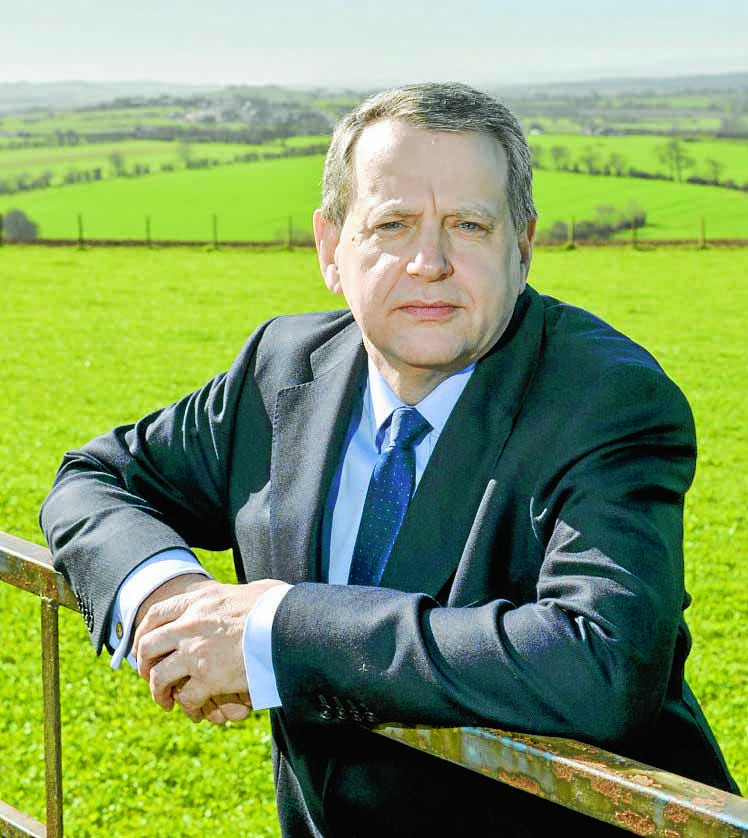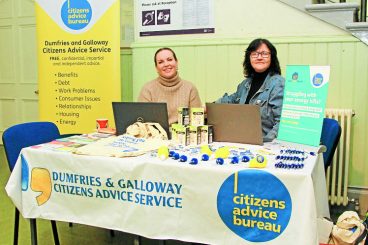He said: “Upheavals always provide opportunities for change. Signs show that this is true for the food sector. In the UK, Covid-19 has coincided with our new Brexit reality to perhaps encourage more consumers to eat more local food.
“Where our food comes from, and how it gets to us, is a fundamental part of our daily lives. As we digest the new trading conditions, indications hint that people are rethinking the choices they make. I suspect what we are seeing now at ports will be a short-term challenge – hauliers and growers will quickly overcome the challenges, and we will see supermarkets filled again with the global produce everyone is used to.
“However, Covid-19 has brought many changes to habits around how we get our food. Undoubtedly, more time at home and less opportunity to eat out means our interest in cooking from scratch has surged, with local high-streets benefiting from people shopping on their own doorsteps. Rather than relying entirely on a trip to the supermarket, consumers have realised what quality service local shops can provide, often full of bountiful and UK-grown natural produce.
“Supermarkets do a fantastic job of supplying food, but are perhaps facing a tide of change. Customers are more conscious than ever about sustainability, plastic, and the impact of carbon miles.
“Year-round produce, brought in from far away, is a 21st century experience. An availability of specialist fruits, even when out of season locally, perhaps meant we all took our UK food for granted. Perhaps we have a better understanding now of the work it takes to produce it, and why it is important to know where it comes from. This has helped us become a bit savvier with our spending, with fresh strawberries and asparagus in January now seeming not quite as essential as perhaps we once felt.
“By value, the UK is only 55 per cent self-sufficient for our food supplies. This is not because the farming sector cannot provide more local crops, but instead is due to market forces pushing supermarkets to provide unlimited choice all year-round. This is helped by the ease of moving food around the world, with global ‘just-in-time’ supply chains.
“It is likely that in light of recent challenges around Brexit and covid, our food self-sufficiency has improved. But, we still have further to go, and should keep learning how to make the most of what we grow, in the season that it is available. This message will be further reinforced as the industry works towards Net Zero. Again, just as with the produce it grows locally, UK farming has a great story to tell on sustainability and its journey towards meeting our sector targets to become carbon neutral.
“In comparison to the rest of the world, the UK is third behind the US and Singapore on the average household spend on food out of overall income – an amazing fact and demonstrates just what a great job UK farming has done in delivering great value to the consumer.
“In 2021 I look forward to seeing consumer habits continue to change for the better, which means we can support UK farmers while reducing our impact on the environment. These trends will speed up over the next 12 months, and I am confident that there is real momentum behind buying UK produce.”
























